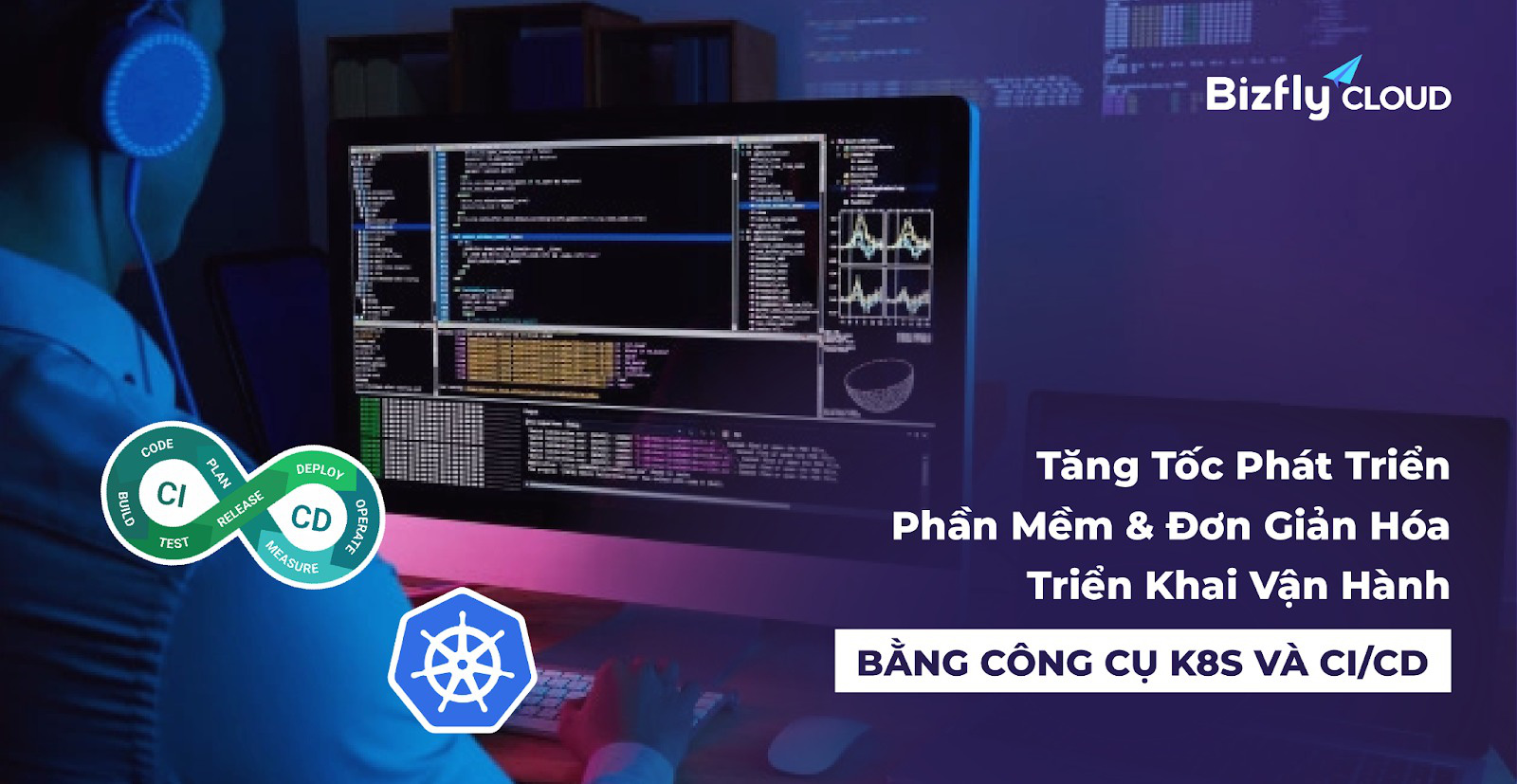
So what advantages does this combination bring to the software development process?
When we approach software development methods in the traditional way, there is usually one person who makes the decision and describes the desired functionality of the software. That person could be a PM – Project Manager – aka project manager. The next step is the development team/dev team will write, build, test and version control the code using tools like Git for example. Finally, newly developed software will be tested on designed tests based on the desired functionality.
However, this development process has been shown to have certain shortcomings:
In order to complete each stage, the previous stage must be completed.
Problems with code or tests written by different teams can be complicated to deal with.
Problems related to coordination between teams can slow down progress and affect the ability to optimize code quality.
So in the modern trend, appeared the term CI/CD along with “DevOps”, “Agile”, “automation”, etc., associated with efforts to improve quality and productivity.
CI/CD can be understood as a set of code deployment methods designed to make the integration of software changes into production fast and reliable. The CI/CD pipeline implements automated builds and tests to improve speed and resolve software issues early in the development process.

While CI/CD is a combination of continuous integration and continuous delivery/deployment, they are two different processes that drive software development and integration together.
With CI, every time the code changes an image is automatically created and pushed into the container. Thereby saving a lot of time for manually building and packaging images every time the code changes compared to before.
Once the code is integrated and packaged, the CD process begins. CD’s goal is to safely integrate changed code into production through automated testing. Tests execute multiple test phases. If it passes all the stages, it will be ready for deployment on the Kubernetes cluster automatically or manually, whichever implementer chooses to do..
CI/CD workflows and cloud-based systems are generally all about trying to speed up development, optimize software/application quality, and ensure stable operability. CI/CD automates many steps from code development to production. Similarly, Kubernetes automates the deployment of containers across various infrastructure environments and ensures efficient use of resources. Therefore, it makes sense to set up a CI/CD pipeline that leverages the Kubernetes platform.
However, while the Kubernetes CI/CD pipeline greatly simplifies the tasks of deploying, monitoring, and managing microservices, effectively implementing the CI/CD pipeline is the key to efficiency. expected results.

And to understand more specifically, as well as get effective ways to take advantage of CI/CD & Kubernetes, please join Bizfly Expert talk #19 with the topic: CI/CD & Kubernetes – accelerate software development & Simplify operational deployment here.
Coming to the talk, readers will get answers about:
1. Introduction to CI/CD
2. Why apply CI/CD
3. Design CI/CD pipelines with Kubernetes
4. Best practice when using Bizfly Kubernetes Engine & Bizfly Container Registry
5. Q&A with speakers
Presenter introduction:
Mr. Nguyen The Thanh – Team leader Devops Engineer, Bizfly Cloud
With experience in deploying and operating Bizfly Cloud services on Kubernetes platform. Mr. Nguyen The Thanh is involved in the software development process from testing to delivering products to customers. So he has an overview of software architecture, development process, common problems encountered when deploying applications on many environments.
From the perspective of a DevOps person, he always wants to automate repetitive tasks as much as possible to save time and effort as well as speed up the product and service development process. maybe.
Readers quickly register to receive an e-voucher using a solution worth 500K when participating in the event.
.
